5 July 2023
Photo creditCommunity Housing Aotearoa
Jacqueline Paul
Published Date5 July 2023
Photo creditCommunity Housing Aotearoa
“Kāinga Kore: The Stage One Report of the Housing Policy and Services Kaupapa Inquiry on Māori Homelessness” primarily evaluates the Crown’s response to Māori homelessness. The report is stage one of a Waitangi Tribunal inquiry into housing policy and Māori homelessness. It emphasises the lack of support for homeless rangatahi, and highlights breaches of Te Tiriti o Waitangi principles related to active protection and good governance.
Government inaction and a lack of sufficient data led to missed opportunities and failure to effectively tackle the problem. Housing advocates warmly welcome the report as it brings attention to the distressing problem of rangatahi homelessness and exposes the government’s inadequate response.
Expert witness and Manaaki rangatahi coordinator Bianca Johanson has spent years advocating for rangatahi and says it’s a huge relief to see the severity of the issue highlighted.
“We have long awaited data and research to shed light on the exhausting and distressing human rights problem our rangatahi face: having no safe and warm place to go.”
The Kāinga Kore report highlights the distressing issue of rangatahi homelessness and serves as a call to action.
“It is hoped that the report’s findings will act as a catalyst for urgent measures and bring about meaningful change for vulnerable rangatahi in desperate need of housing support and services,” says Bianca.
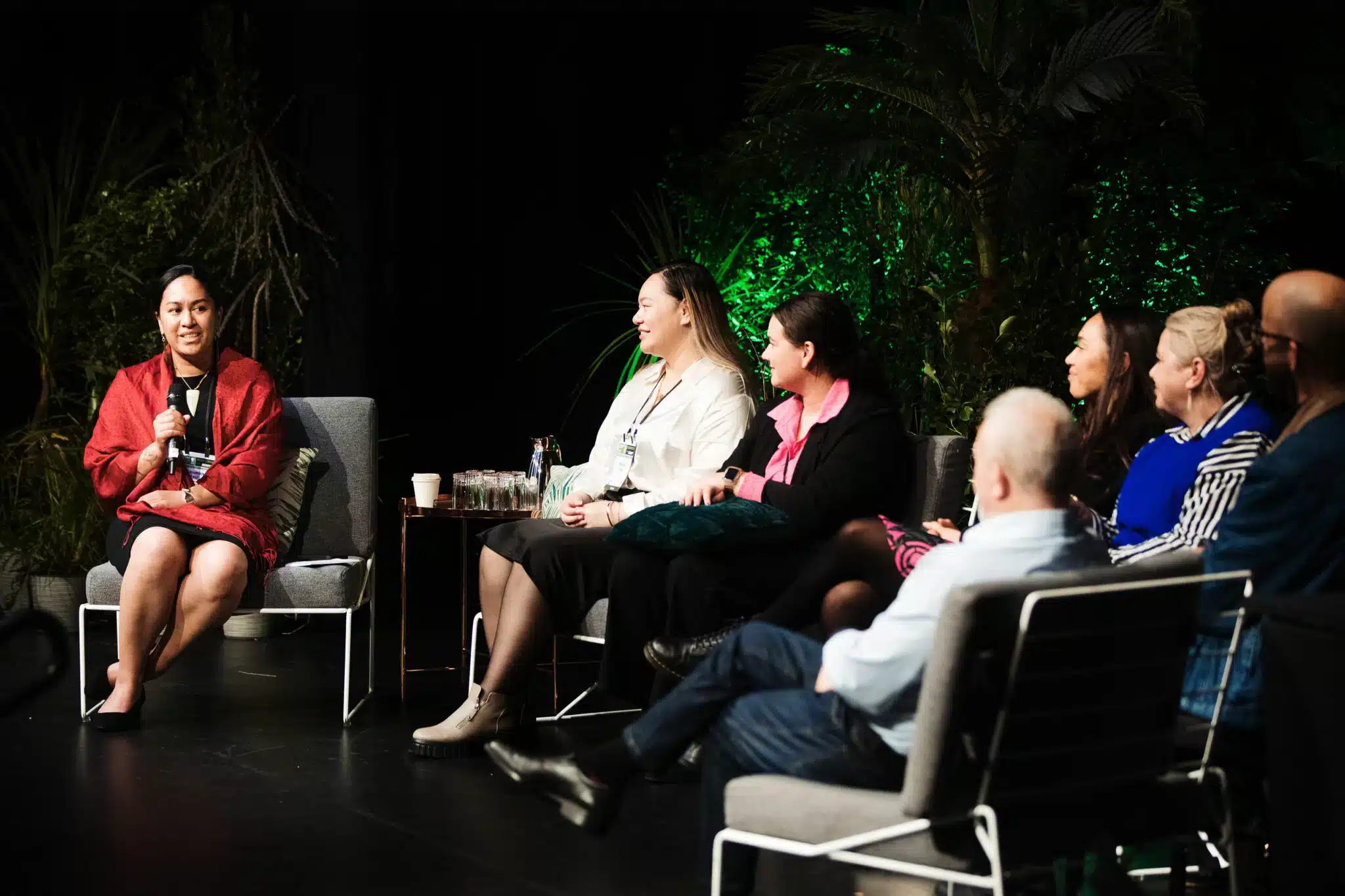
One of the key findings highlighted in the report is the government’s breach of the principle of active protection. The Crown has a duty to actively protect Māori rights and interests, including their cultural, economic, social, and political well-being.
The report reveals that the government has not taken sufficient action to safeguard this vulnerable group, failing to provide the necessary support and resources. Rangatahi homelessness requires a proactive and targeted approach, but the government’s response has fallen short of meeting these demands.
In addition to the breach of active protection, the report also points out the government’s failure to obtain adequate data on rangatahi homelessness, violating the principle of good governance. The Crown to govern in a manner that is transparent, fair, and serves the best interests of all, including Māori.
Accurate and comprehensive data is crucial for formulating effective policies and strategies. By neglecting to gather this information, the government has hindered its ability to develop targeted solutions and address the root causes of rangatahi homelessness.
The repercussions of the government’s inaction are significant and far-reaching. Rangatahi facing homelessness often experience adverse effects on their physical and mental well-being, education, and prospects. By not prioritising the needs of this vulnerable group, the government perpetuates a cycle of disadvantage and hinders their potential for a brighter future.
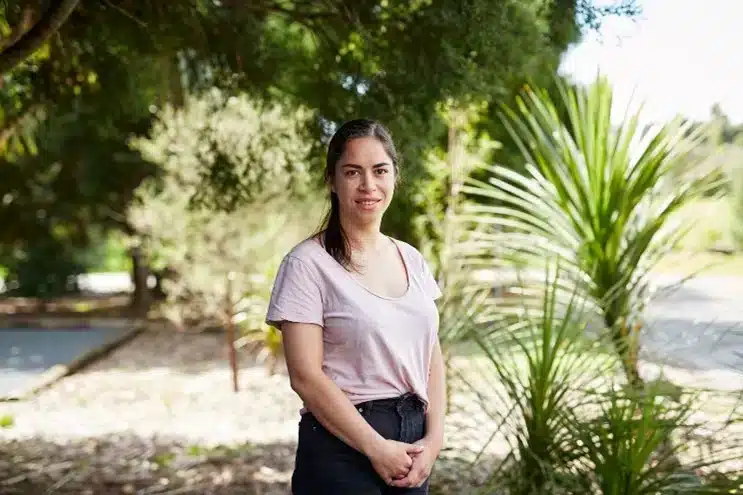
Image: Maia Ratana, Researcher at Pūrangakura
The Crown also acknowledges that a lack of data specific to rangatahi Māori housing needs is a problem. Rangatahi housing researcher Maia Ratana says, “In our recent youth homelessness report, we recognised the urgent need to develop robust evidence that informs housing policy and delivery to end youth homelessness. We also found that there are significant data and research gaps concerning youth homelessness. It is good to see the tribunal acknowledge the various Crown failings including the failure to collect adequate data, particularly in the case of rangatahi.”
Given the report’s findings, advocates and experts emphasise the pressing need for immediate government action to tackle rangatahi homelessness.
It is acknowledged that the recent investment in expanding the provision of youth transitional housing in Budget 2023 is a step in the right direction, as recognised by advocates. Nonetheless, the findings in the report regarding the government’s failure to safeguard and assist rangatahi experiencing homelessness underscore the urgency for change.
It is crucial that the government takes proactive measures, prioritises accurate data collection, and further collaborates with Māori communities to address this critical issue. By doing so, they can ensure the well-being and future prospects of rangatahi, enabling them to thrive and make positive contributions to society.
The full report can be located at Kāinga Kore : The Stage One Report of the Housing Policy and Services Kaupapa Inquiry on Māori Homelessness

Rawiri is an experienced Senior Executive and Director, having held senior roles in Local Government and Crown Agencies. Rawiri is currently employed by Ngāti Toa Rangatira as Pou Toa Matarau (Strategic Partnerships, Environment and Culture) based in Porirua. He is an experienced Hearing Commissioner having served on a number of consent hearings, plan reviews and fast track consents. Rawiri has worked alongside Kainga Ora in the Eastern Porirua development.
Along with his wife Linda, Rawiri has also worked with a number of iwi developing strategic plans and government procurement applications. Rawiri brings a wealth of experience to his role within the Science Challenge

Andrew held several senior roles in Europe before relocating to New Zealand in 1994.
He joined Fletcher Challenge in 1995 and became Chief Executive of the Building Products and Steel Group in 2001. He joined the Rank Group in 2006 where he was involved in the acquisition and management of the Evergreen Packaging businesses in the USA, as well as managing the Carter Holt Harvey Pulp, Paper and Packaging assets in New Zealand.
Andrew is currently Chair of the Building Information Modeling (BIM) Acceleration Committee, a Director of the New Zealand Shareholders’ Association and Chair of its Auckland Branch, and a member of the Advisory Boards of Dempsey Wood Civil Ltd as well as Avertana Ltd.

Hope has nearly 20 years’ experience in affordable and social housing, including community housing, private property, and central government. She is currently Emerge Aotearoa’s national housing manager. Emerge Aotearoa provides emergency housing and support services and long-term social housing for whānau and individuals from Whangarei to Christchurch.
Ms Simonsen is also the chair of the Auckland Community Housing Provider Network – a network of 21 housing providers in Tāmaki Makaurau. She was previously chair of Monte Cecilia Housing Trust for six years.

Ruth has played several significant roles within the building sector, most recently in the BRANZ Research Strategy Group as the Construction Systems Working Group Project Manager.
She was also Executive Officer for the Independent Research Association of New Zealand as well as being one of the BRANZ representatives on the IRANZ committee.
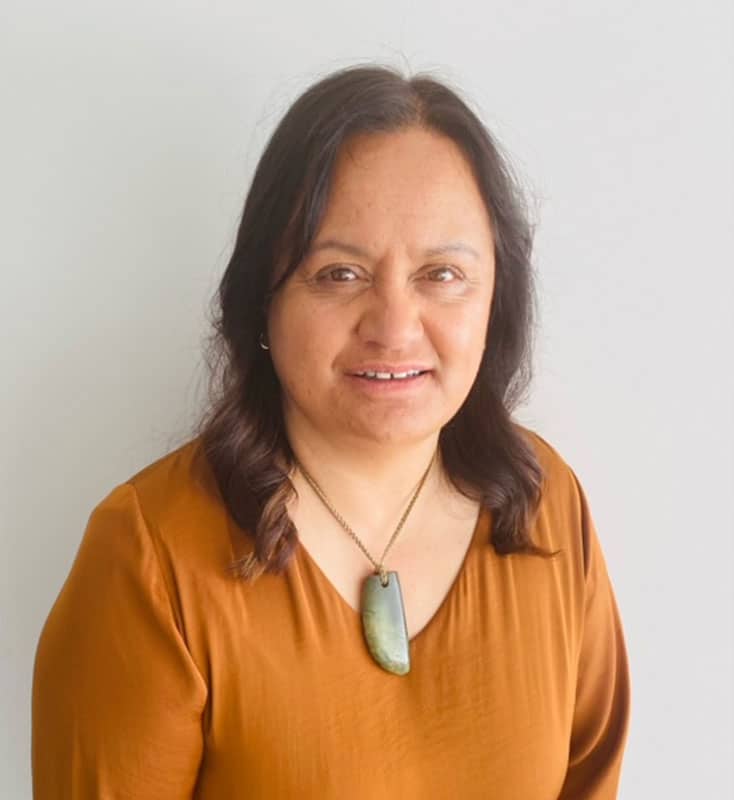
Lena has worked as a Planner since 1999, primarily working with local government, iwi authorities, and community organisations. She is a Lecturer at the School of Architecture and Planning, University of Auckland. Her specialist teaching, supervisory, and research interests include:
Lena’s research contributes to the broader discipline of indigenous planning and her PhD study is focused on the pursuit of Tino Rangatiratanga in the 21st Century.

Murray, originally from Motueka, is a former NIWA Chief Scientist. His research career included work in the UK, Germany, US, Canada and Antarctica. Murray has skills in governance, environmental research, and science management.
As part of his role in NIWA, he was involved in setting up and overseeing multi-agency collaborations including the Natural Hazards Platform, The NZ Agricultural Greenhouse Gas Research Centre, and the National e-Science Infrastructure.
Murray has also chaired the BRANZ Levy Allocation Advisory Group. He currently lives in Tasman and is Deputy Chair of the Nelson Marlborough Department of Conservation Board and a Trustee of the Tasman Environmental Trust.

Rihi comes to the Challenge from the Ngā Wai ā te Tui Māori and Indigenous Research Centre, Te Whare Wananga o Wairaka – Unitec.
Rihi’s research ideas and knowledge are committed to developing and empowering whānau to grow whānau agency and capability skills.
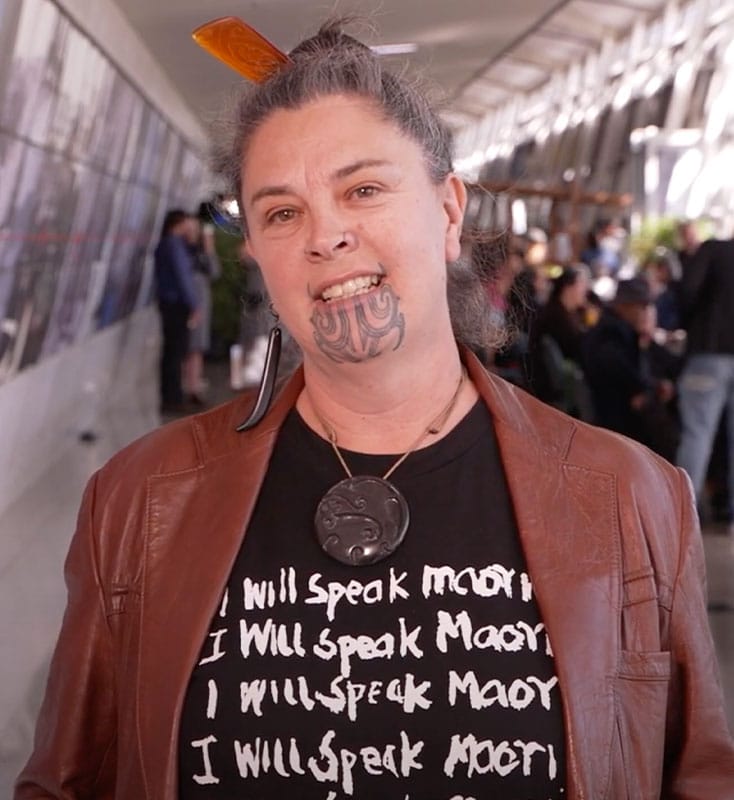
Gena is the technical lead for the Iwi Leaders Group for Housing of the National Iwi Chairs Forum working with and for iwi on housing issues, promoting active treaty partnership with Crown agencies, and influencing appropriate policy across the sector.
Gena also leads iwi environmental management for large infrastructure projects which have successfully implemented a treaty partnership in a public private partnership (PPP). She is involved in a range of innovative boards and advisory groups including the Whānau Ora Commissioning Agency, Te Pūtahitanga o Te Waipounamu.
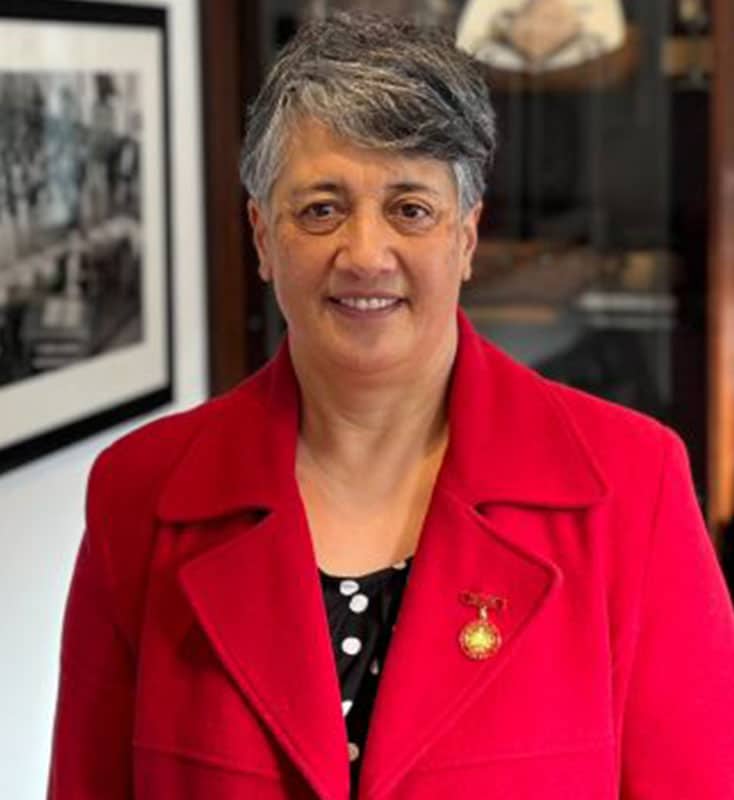
Hope is an experienced Māori leader with extensive governance experience and a background in public health research, including wider housing and community issues. She is a ministerial appointment on the National Ethics Advisory Committee and president of Ikaroa Region Māori Women’s Welfare League.
Dr Tupara is also a former chair of Te Rūnanga o Turanganui a Kiwa and Ngāi Tāmanuhiri Iwi Trust, and was an iwi chair on the Whānau Ora Partnership Group. The Whānau Ora Partnership Group, made up of equal numbers of iwi chairs and government ministers, provides strategic leadership for Whānau Ora including the Whānau Ora Outcomes Framework.